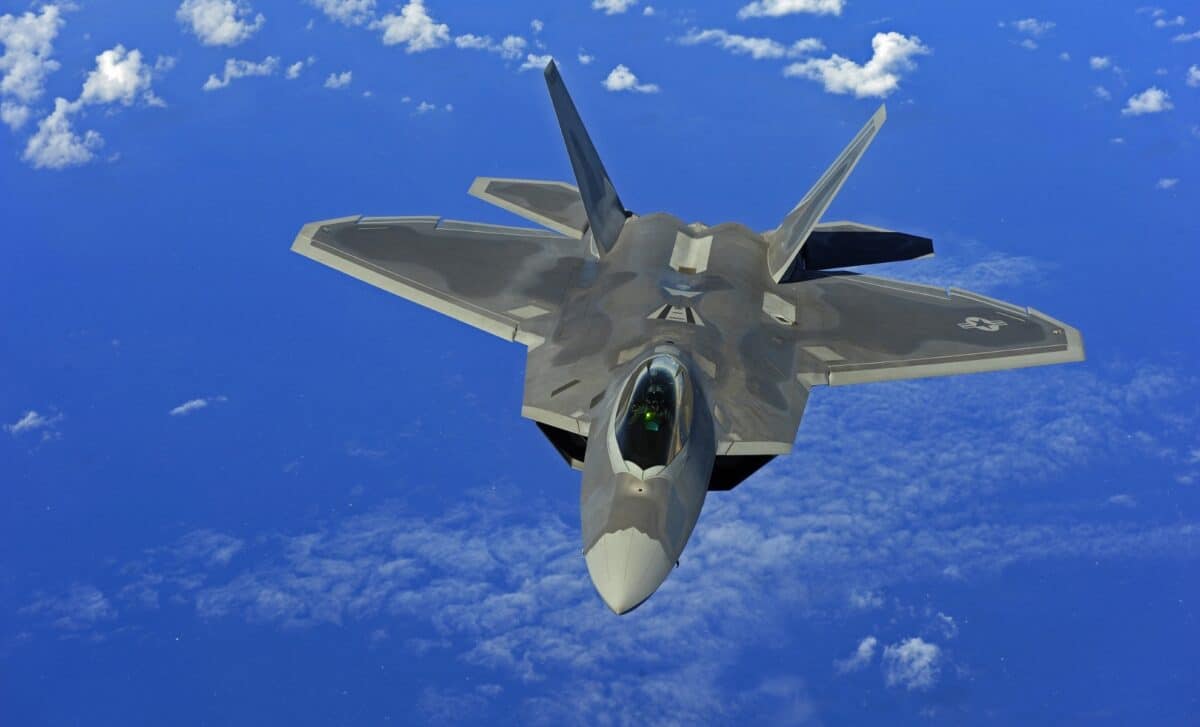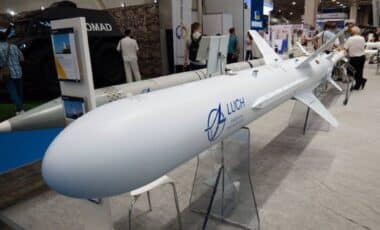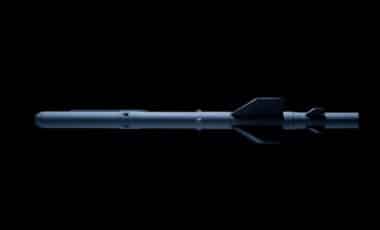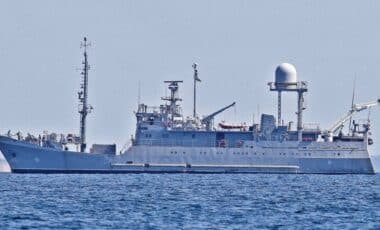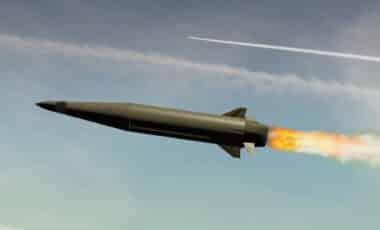The United States has escalated its military presence in the Middle East with the deployment of advanced fighter jets, including the F-16, F-22, and F-35, amid growing tensions between Israel and Iran. This move is designed to reinforce American deterrence in the volatile region, as Israel’s ongoing missile strikes against Iran continue to intensify.
As the conflict between Israel and Iran deepens, the U.S. military’s decision to send additional air power to the region underscores the gravity of the situation. With President Donald Trump advocating for a more aggressive stance against Iran, these deployments reflect broader geopolitical dynamics and highlight the U.S. commitment to safeguarding its interests and allies in the Middle East. U.S. officials have emphasized that the military actions are defensive in nature, focusing on intercepting drones and missiles.
A War Is Brewing…The Military Deployment the U.S. Still Won’t Explain
Us Deploys Advanced Jets in Defense Strategy
According to U.S. officials, the deployment includes a range of fighter aircraft, such as the versatile F-16 Fighting Falcon, the stealthy F-22 Raptor, and the multi-role F-35 Lightning II. These jets are primarily tasked with air defense operations, intercepting incoming threats, including drones and missiles.
The F-16, which has been in service since the 1970s, remains a core asset in the U.S. military’s air power due to its agility and cost-effectiveness. The F-22, on the other hand, offers unmatched speed and maneuverability, while the F-35 brings stealth and advanced targeting capabilities to the battlefield, reports Newsweek.
The U.S. military has emphasized that these deployments are designed to ensure the safety of American forces in the region and to act as a deterrent against further Iranian aggression. This move is also aimed at signaling U.S. readiness to support Israel if tensions escalate further.
Trump Escalates Rhetoric, Pushes for Unconditional Surrender
President Donald Trump has increasingly framed the Israel-Iran conflict as one requiring a robust U.S. response. According to Trump, the U.S. now has “complete and total control of the skies over Iran,” and he has expressed frustration over Iran’s failure to negotiate a nuclear deal. Speaking on Truth Social, Trump declared that Iran should unconditionally surrender, echoing his firm stance on curbing the nation’s nuclear ambitions.
This rhetoric has intensified as Israel’s five-day air campaign against Iran has reportedly inflicted significant damage to Iran’s nuclear infrastructure. Israeli officials believe they are close to a decisive blow to Iran’s nuclear capabilities, with hopes that U.S. support, including advanced munitions, will play a key role.
Trump’s remarks suggest that he is less inclined to negotiate with Iran and more focused on a military resolution to the ongoing conflict. The increased deployment of U.S. military assets, including warships and aircraft, signals the administration’s readiness to respond to any escalation of hostilities.
Global Military Responses Heighten Tensions
As the U.S. amplifies its military presence in the Middle East, other countries are also adjusting their deployments in response to rising tensions. The United Kingdom, for instance, has sent additional Typhoon jets and refueling aircraft to the region, as part of a broader strategy to protect British personnel and reinforce the urgent need for de-escalation. U.K. Defense Secretary John Healey highlighted the importance of “force protection,” emphasizing the necessity of reassuring regional partners.
According to Reuters, the U.S. is not only deploying fighter jets but also repositioning warships, including aircraft carriers, to the Middle East. This includes additional tanker aircraft being moved to Europe and Navy warships with capabilities to intercept ballistic missiles.

